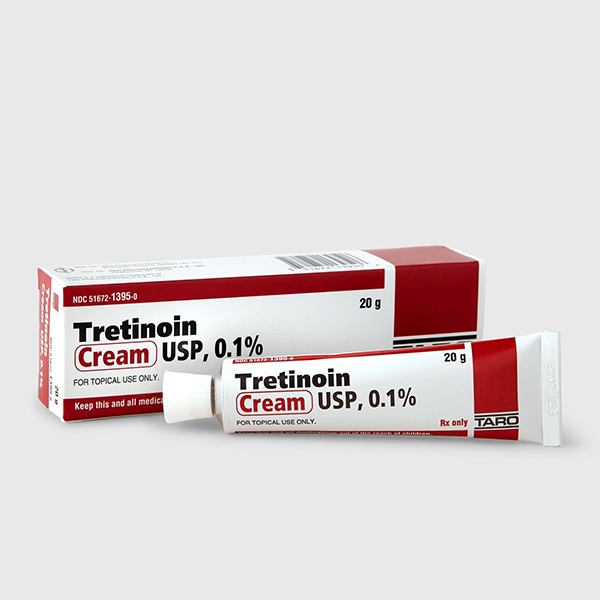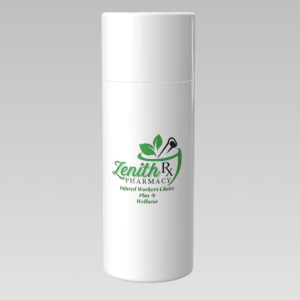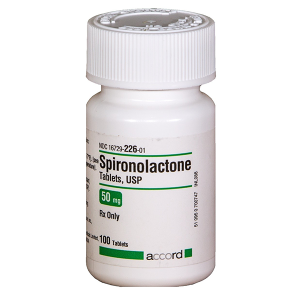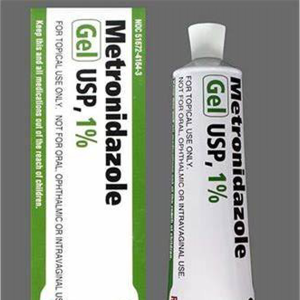Description
Overview
Tretinoin (all-trans retinoic acid) is a topical retinoid derived from vitamin A. It is primarily used in dermatology for treating acne, photoaging, and hyperpigmentation. Tretinoin works by increasing cell turnover, unclogging pores, and stimulating collagen production, making it a cornerstone in both acne and anti-aging skincare.
Mechanism of Action
Tretinoin binds to nuclear retinoic acid receptors (RARs), modulating gene expression. It promotes keratinocyte proliferation, reduces cohesion between epidermal cells, and enhances the shedding of dead skin cells. Additionally, it boosts collagen synthesis, improving skin texture and reducing fine lines.
Benefits and Indications
- Acne Treatment
- Prevents and reduces comedones (whiteheads and blackheads).
- Reduces inflammation in moderate to severe acne.
- Enhances penetration of other acne medications like benzoyl peroxide or clindamycin.
- Anti-Aging & Photoaging
- Stimulates collagen production, reducing fine lines and wrinkles.
- Improves skin texture and tone.
- Reduces hyperpigmentation and sunspots.
- Hyperpigmentation & Melasma
- Accelerates skin cell turnover, helping fade dark spots.
- Used in combination with hydroquinone for optimal melasma treatment.
- Psoriasis & Keratosis Pilaris (Off-Label)
- Helps with excessive keratin buildup, smoothing rough skin.
Possible Side Effects
- Common: Dryness, peeling, redness, irritation, and purging (temporary worsening of acne).
- Less Common: Increased photosensitivity, making sun protection essential.
- Rare but Serious: Severe irritation leading to dermatitis or post-inflammatory hyperpigmentation.
Drug Interactions
- Benzoyl Peroxide: Can degrade tretinoin but newer formulations reduce this issue.
- Hydroquinone & Corticosteroids: Often used together for treating hyperpigmentation.
- Astringents & Alcohol-Based Products: Can worsen dryness and irritation.
Special Considerations
- Pregnancy Category C: Avoid during pregnancy due to potential teratogenic effects.
- Sun Protection: Daily SPF use is crucial as tretinoin increases photosensitivity.






Reviews
There are no reviews yet.